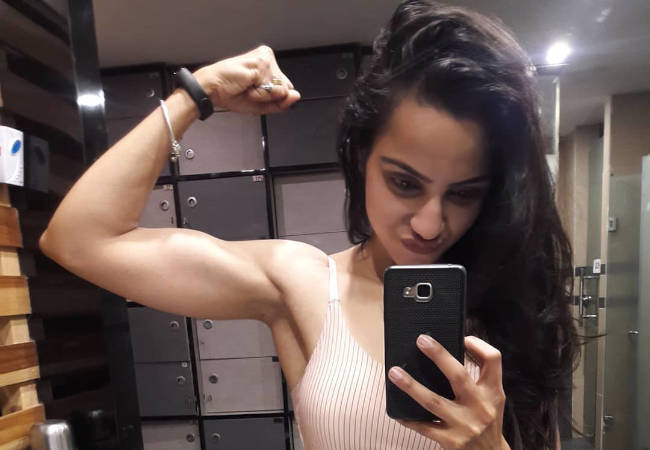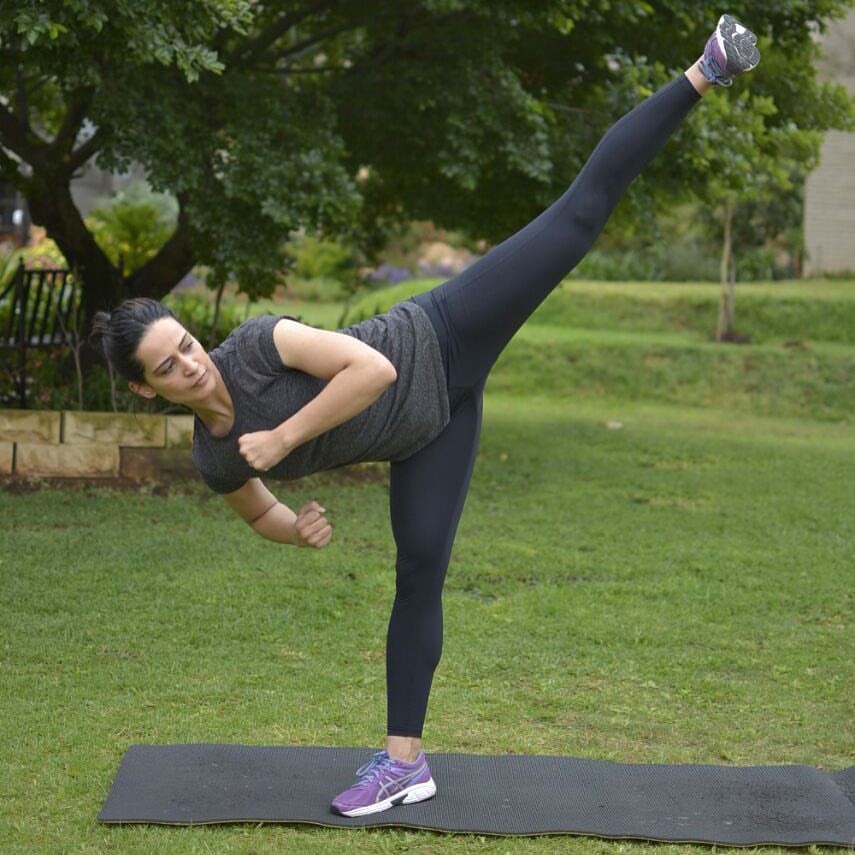If you’ve recently decided to go vegan (or even if you’ve been plant-based for years), well-meaning friends, family, and often strangers will tend to talk to you about nutrition. One of the common misconceptions about veganism and vegetarianism is that individuals who choose not to consume meat and dairy aren’t getting everything they need from their food.
In terms of macronutrients, this is completely untrue. Not only can you get everything you require from plants, including proteins, but you’re actually nurturing your body by avoiding contaminants found in meat products. Nonetheless, it’s true that a vegan lifestyle puts you at more risk of developing certain micronutrient deficiencies. This is not to say that you’re doing anything wrong when it comes to the foods you’re consuming, but it’s just a reflection of how people eat and live nowadays, perhaps.
If you want to be 100% sure you’re giving your body all the right fuels, it’s a good idea to educate yourself about supplements. By adding just a couple of steps to your daily routine (and extremely simple steps at that), you can enjoy the benefits of a properly balanced diet (including a great body), rich in essential vitamins and minerals.
Unfortunately, keeping healthy will require a bit more than picking up a multivitamin the next time you’re at Whole Foods. Even if you opt for some of the more expensive products available, you risk ingesting ingredients sourced from animals, which is what you wanted to avoid in the first place.

NOT ALL CAPSULES ARE VEGAN
Because supplementation requires precision, you’ll probably want to purchase something with all the right amounts already measured. After all, daily recommended intakes for vitamins and minerals are measured in μg (one-millionth of a gram), and over consumption puts your body at risk of suffering serious consequences. This is why most manufacturers give you easily consumable, precisely measured doses of micronutrients, encased in soft or hard gelatin capsules.
But the thing is, gelatin capsules aren’t vegetarian or vegan. In the majority of cases, they’re made out of bone and pork skin, while some manufacturers opt for gelatin obtained by extracting collagen from fish bones.
If you want to make sure you’re getting real vegan supplements, look for those housed in non-toxic cellulose capsules. Unless you’re making your own capsules, the only way to be certain that your supplements are vegan is to read the label carefully.
MICRONUTRIENTS TO LOOK FOR
Vitamin B12
Regardless of whether you’re entirely plant-based or not, B12 is going to be one of the crucial vitamins to look for in supplements. It’s a water-soluble micronutrient that plays an important role in the functioning of the nervous system, as well as in the creation of red blood cells (which are in charge of keeping your immune system strong).
B12 is actually found in the ground, and our ancestors obtained it by eating unwashed fruits and vegetables. Today, this has become impossible, seeing the rigorous sanitizing regimes that produce goes through before it finds its way to your table. Omnivores get B12 from eating meat (often as a byproduct of B12 supplements given to the animals), but it can also be found in white button mushrooms, fortified rice, and fortified plant-based milk.
As a vegan or vegetarian, you can purchase B12 supplements, which is a pretty cheap way to get it in your system. The recommended dose is 6 to 30μg per day.

Vitamin D
This is another big concern for omnivores, vegetarians, and vegans alike. This fat-soluble vitamin is naturally found in some foods and our bodies produce it when exposed to sunlight. One of the greatest concerns about vitamin D is that, for most people, it’s not available all year long. Additionally, it cannot be obtained when wearing sunscreen.
There are two forms of vitamin D:
- D2 – found in plants
- D3 – either produced by the skin or coming from animal sources
Unfortunately, D3 is much more efficient at raising your vitamin D levels crucial for bone health and metabolism. This means that the best way to get more vitamin D in your system is to ensure a healthy amount of sun exposure and eat mushrooms, fortified plant milk, and tofu.
Omega-3 fatty acids
These are crucial for regulating cholesterol and blood pressure, keeping your joints healthy, improving cognitive function, and even improving your mood. Research shows that Omega 3s fight inflammation in the body, which can be highly beneficial for enhancing post-workout recovery.
Omega 3’s can be either ALA (found in plants) or DHA and EPA (found in fish). The best plant-based source of Omega-3 acids are nuts and seeds such as:
- Walnuts
- Flaxseed
- Chia seeds
- Canola oil
- Soybean oil
You can also get the EPA and DHA kind of Omega 3 directly from algae. You’ll just be cutting out fish, who are the middlemen.

OTHER SUPPLEMENTS YOU MIGHT NEED
In addition to the three micronutrients mentioned above, there are a few other minerals you will want to make sure you’re getting enough of.
Iron
Used for making hemoglobin in the red blood cells, iron is important for getting enough oxygen in your bloodstream. To ensure you’re consuming the right amounts on a plant-based diet, it’s essential that you eat enough whole wheat, avocado, cooked spinach and mushrooms, baked potatoes, legumes, lentils, and tofu.
To absorb the iron, you’ll need a sufficient amount of vitamin C found in citrus fruits, broccoli, tomatoes, red and green bell peppers, strawberries, and kiwi.

Iodine
This is a mineral that helps regulate thyroid hormones, which have a big impact on your metabolism and consequently, your weight. Iodine is difficult to obtain from most plant sources, with the exception of seaweeds, which may actually have too much of it. So, your best bet would be to choose a daily multivitamin that will provide you with a healthy dose of this mineral.
Calcium
Important for bone mineral density, calcium is necessary for vegans and omnivores alike. Your best source of this mineral is going to be dark leafy greens, which also contain vitamin K, potassium, and magnesium – all of which will contribute to better bone health.
Keeping your body fueled with all the right ingredients is of the utmost importance if you want to keep your body lean yet strong. A vegan/vegetarian diet has a host of benefits and is not too hard to get right if you know what to look out for. But, to be sure what you’re consuming is truly good for your health, and to avoid ingesting animal products, always make sure you read the label carefully.

















